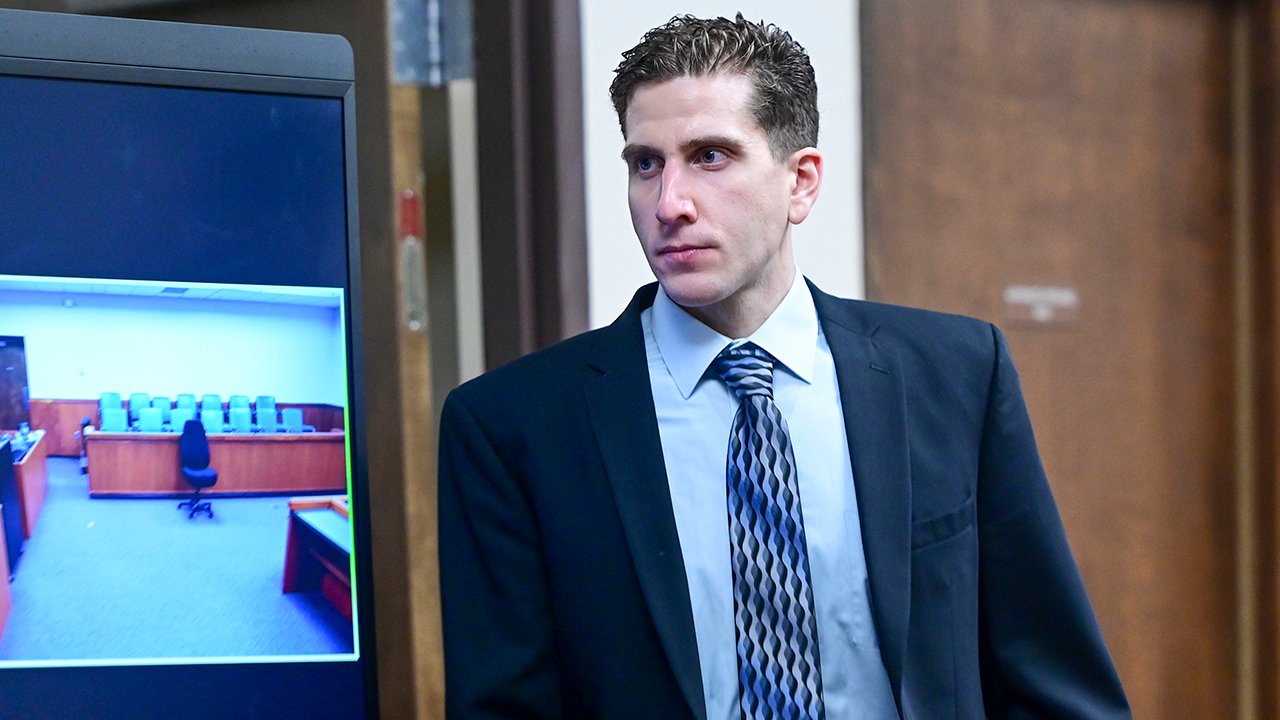The name Bryan Kohberger has become widely recognized, not just in legal circles but across the entire country. Since his arrest in connection with the tragic University of Idaho student murders, the case has drawn relentless public attention. From courtrooms to online discussions, the story has raised questions about justice, criminal psychology, and how society reacts to shocking crimes. This article explores the complexities surrounding Bryan Kohberger, the timeline of events, and what makes this case so significant.
Who Is Bryan Kohberger?
Bryan Kohberger, a PhD student in criminology at the time of his arrest, lived a relatively quiet life by all appearances. Described by peers as reserved and intellectually curious, Kohberger’s background didn’t suggest he would become a central figure in one of the most horrific crime stories in recent history. His arrest shocked those who knew him and added an eerie twist, considering his academic focus on the criminal mind.
Timeline of the Crime and Investigation
The case began when four University of Idaho students were found murdered in their off-campus home. The brutal nature of the killings stunned the small town of Moscow, Idaho, and left investigators racing to piece together the mystery. Bryan Kohberger’s name emerged weeks later after law enforcement tracked a white Hyundai Elantra near the crime scene, matched DNA evidence, and eventually arrested him in Pennsylvania.
Each step in the investigation brought more attention to Bryan Kohberger. As court documents were unsealed, chilling details about the crime scene and the suspect’s behavior surfaced. The public learned about cell phone data, knife sheath evidence, and surveillance footage—all pieces of a puzzle allegedly pointing to Kohberger.
The Role of Criminal Psychology
What makes Bryan Kohberger’s story even more unsettling is his academic background. As a criminology student, he studied criminal behavior, law enforcement processes, and forensic analysis. Some critics argue that this knowledge may have been used to plan and attempt to cover up the crime. Others suggest that his studies may have simply made him more confident in navigating legal loopholes.
Bryan Kohberger’s deep interest in criminal psychology adds layers of intrigue to the case. Experts and commentators have debated whether his academic interests were part of a genuine pursuit of knowledge or a sinister attempt to understand and potentially replicate criminal acts.

Legal Proceedings and Public Response
Since his arrest, Bryan Kohberger has been held without bail and faces multiple first-degree murder charges. His legal team has pushed for various motions, including the suppression of evidence and the removal of cameras from the courtroom, arguing it could jeopardize his right to a fair trial.
The public reaction to the Bryan Kohberger case has been intense. Social media is flooded with theories, armchair detectives, and even conspiracy-driven narratives. The media’s focus has also raised concerns about the fairness of the trial and the ethical responsibility of reporting such cases.
Ethical Questions and Media Sensationalism
The spotlight on Bryan Kohberger has reignited conversations around media ethics. While the public has a right to information, the saturation of news coverage risks compromising the objectivity of the legal process. Broadcasting every development may influence potential jurors or put undue pressure on witnesses.
Moreover, the rise of true-crime entertainment has blurred the lines between news and storytelling. In the case of Bryan Kohberger, it’s essential to distinguish facts from speculation and ensure that the victims and their families are respected throughout.
What Happens Next?
As of now, Bryan Kohberger has pleaded not guilty, and the case is expected to go to trial. The legal process could take months or even years, depending on appeals, evidence reviews, and jury selection. While the court will ultimately decide his fate, public interest is unlikely to wane anytime soon.
With so many unanswered questions, the case of Bryan Kohberger remains a key point of discussion. It highlights the importance of careful legal procedure, responsible media coverage, and a justice system that prioritizes truth over noise.
Final Thoughts
The story of Bryan Kohberger is a powerful example of how a single case can ignite national attention, expose flaws in public discourse, and challenge our understanding of crime and justice. His background in criminology, the disturbing nature of the charges, and the intense media coverage all contribute to a case that will likely be studied for years to come. As the legal process unfolds, the focus should remain on justice—both for the victims and for the integrity of the system handling the case.
